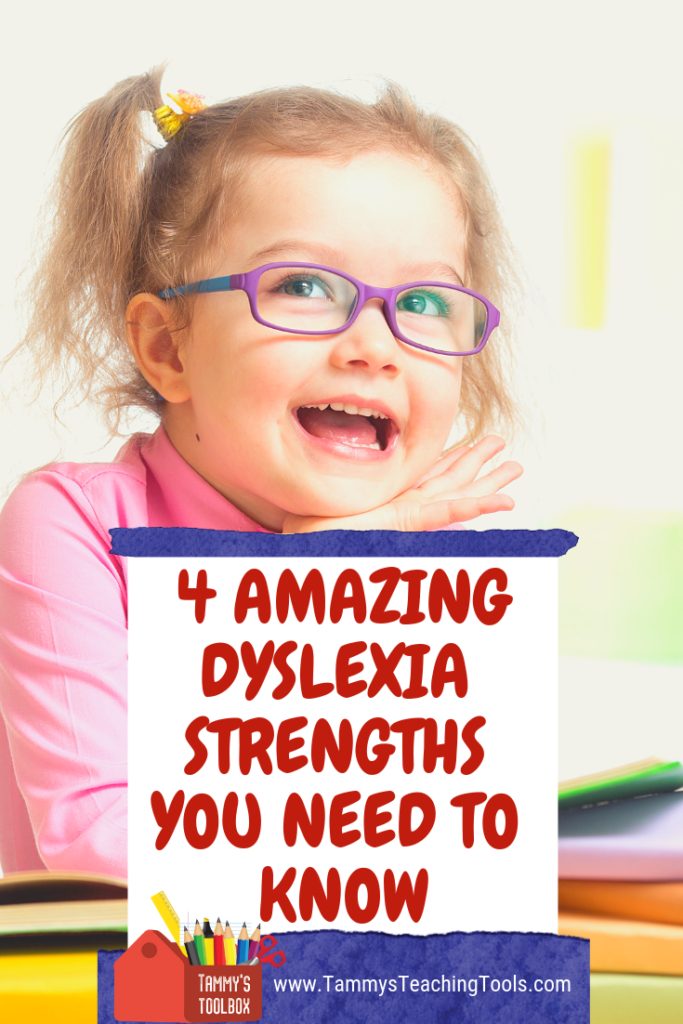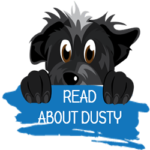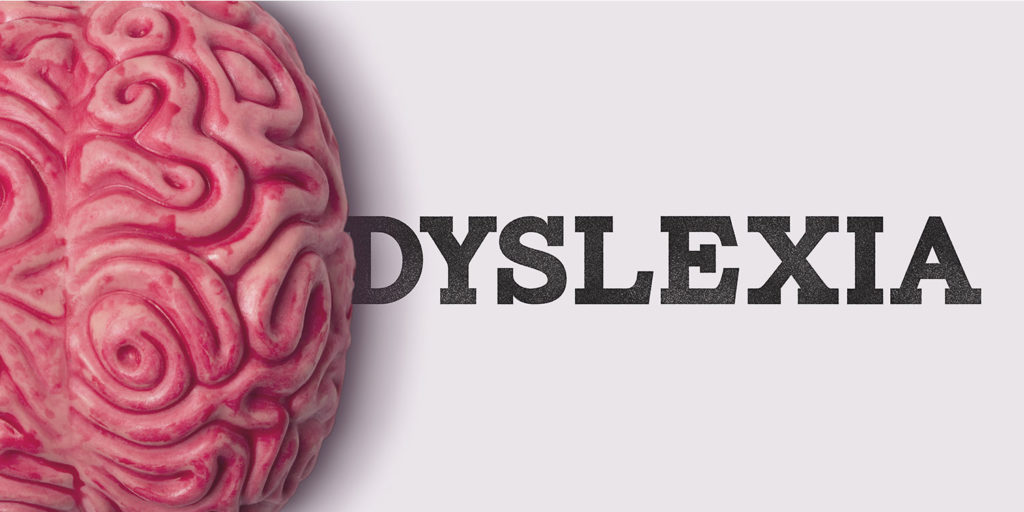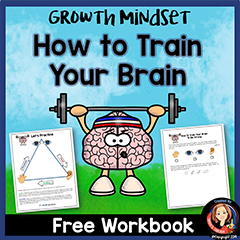4 Amazing Dyslexia Strengths You Need to Know
What are dyslexia strengths? I have tutored many students over the past 20 years and have loved working with each of “my kids.” When I think of all the unique and remarkable strengths I have seen, the students with dyslexia come in first place. Dyslexia might not be a “gift,” but the unique abilities it produces undoubtedly are.
These students bring such joy to my tutoring sessions. You might think it’s because it is so rewarding to see their academic progress, or because I empathize with their struggles. Well, yes, those things are inspiring, but the real reason is the astounding strengths I see every day displayed by their creative minds.
They are fun to be around and have taught me things I would have never imagined. These kids often hear so much about the things they can’t do or how difficult life with dyslexia is. Let’s celebrate all the strengths they have and let them know what they can do. Let them know that they are great people and fun to be with. Let them know they are somebody special and we believe in them.
Check out the free workbook at the end of this post for a fun way to help anyone discover their brain strengths.
Here are just some of the strengths I see in my dyslexic students.
 Wonderfully Creative I love giving open-ended assignments, art projects, and creative writing. One student designed his own board game around our word lists, one made scrapbooks, one wrote a comic book. Others love puzzles and science experiments. Some tell amazingly original stories. The way they think always amazes me. They possess a great sense of curiosity and interest and make great use of their imaginations.
Wonderfully Creative I love giving open-ended assignments, art projects, and creative writing. One student designed his own board game around our word lists, one made scrapbooks, one wrote a comic book. Others love puzzles and science experiments. Some tell amazingly original stories. The way they think always amazes me. They possess a great sense of curiosity and interest and make great use of their imaginations.
Dyslexics tend to think in pictures, have multidimensional thought, and are intuitive. These traits all allow them to conceive of ideas that are original and innovative. Tutoring sessions are never dull, and I learn as much as they do. I expect to see some of my former students as artists, authors, inventors, or scientists one day.- Highly Abstract Thinkers Many of my students are great at understanding things that are not tangible, like human qualities. They can focus in on traits like love, bravery, acceptance, or even deception. They are empathizers and care about others thoughts and those who struggle. They use this to analyze stories and understand social problems.
They have a beautiful way of seeing the world around them. I’ve been touched by many of them trying not to hurt my feelings. They are going to make great leaders, friends, and parents.
- Great Conversationalists I love just talking with them. Sometimes I spend too much time in conversation because I am having so much fun listening to them tell me exciting and detailed information. When I let them be the tutor for a while, they teach me the most fascinating things. Most of my students love to tell me what’s going on in their life, about their varied interests, or just a story they thought of.
They can really think outside the box, use logical reasoning, apply critical thinking skills, and solve problems. Their thinking may not always take the same path that you would expect, but it produces excellent ideas and brilliant conversation. When I let them talk out a problem they excel.
- Excellent At Solving Puzzles Many of my students are pros in the puzzle and problem-solving departments I am amazed as they figure out the answers faster than I can. Some have great spatial reasoning, visual processing, and critical thinking. They like to build things and create from their own ideas. I see architects, construction workers, artists, and business managers in the making.
Help your kids get inside their brains and discover some of their incredible strengths with this free interactive growth mindset workbook. Working through the exercises highlights that everyone has different strengths, abilities, ways of learning, and that we can all get stronger. Activities include looking, reading, writing, drawing, telling, singing, moving and thinking.
Every individual is unique, and these are not all the strengths that are common to those who have dyslexia. It’s so important to look at your kids and find those strengths. Let them know what you see and help them to feel good about it. Use those strengths and interests as the base to discover the best way to teach them. Build them up and they will excel.
Check out my post on 25 Exceptional Dyslexia Resources You Need to Explore to find more ways you can help students with dyslexia.
Be strong…

 in a new book for kids coming in the fall of 2019. Go to www.DustytheDog.com.
in a new book for kids coming in the fall of 2019. Go to www.DustytheDog.com.


